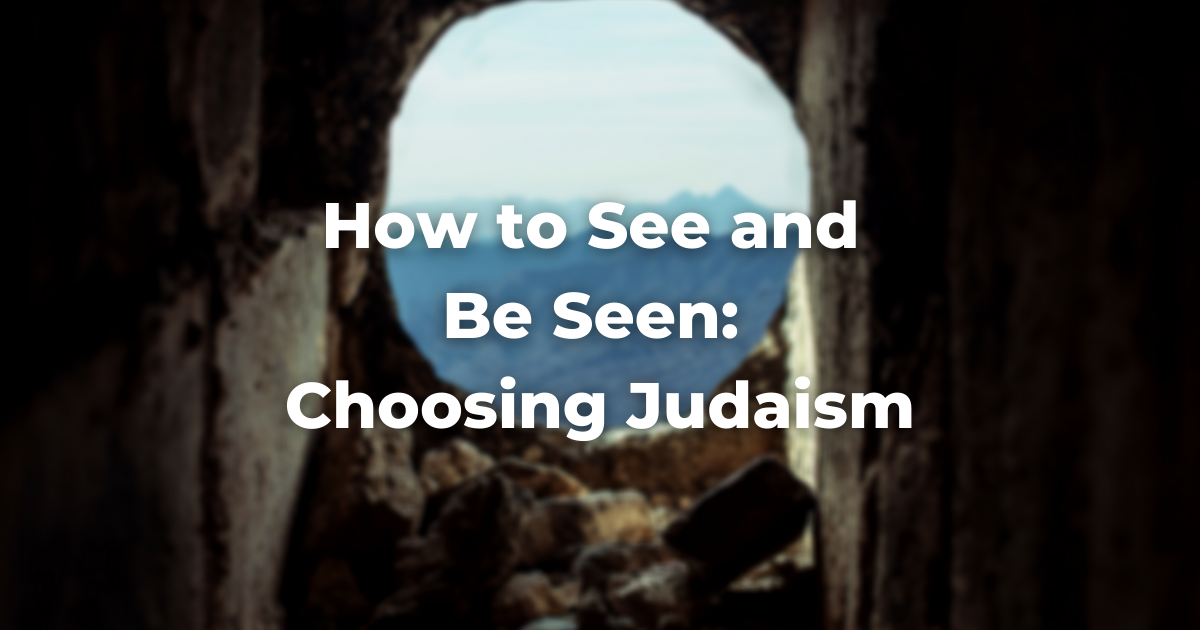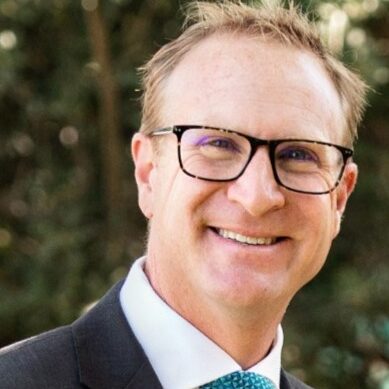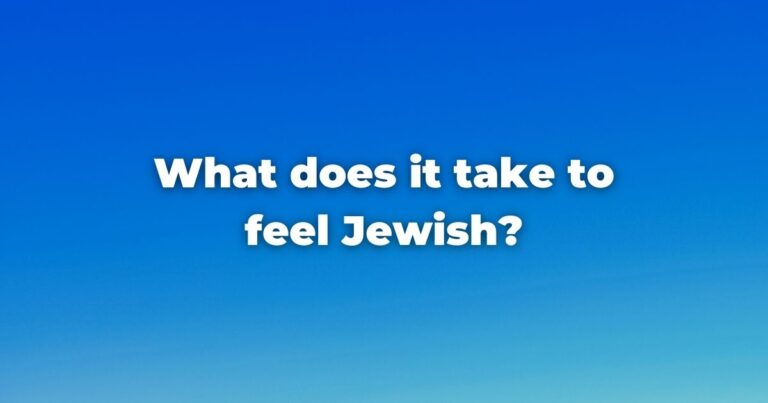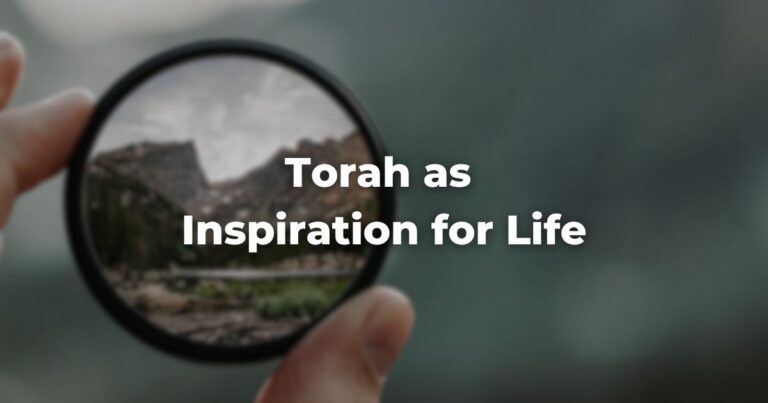What is Judaism?
As a faith tradition, Judaism offers humanity many unique gifts.
TorahRefers to the first five books of the Hebrew Bible, the Tanakh, also called the Five Books of Moses, Pentateuch or the Hebrew equivalent, Humash. This is also called the Written Torah. The term may also refer to teachings that expound on Jewish tradition. Read more and the wisdom of our ancestors share an ethical model to celebrate human dignity. History books describe the calamitous tragedies that have caused great suffering among the Jewish people and teach the world courage and resilience.
Still, the Jewish people make great contributions to art, politics, science, and technology that are celebrated in every culture. Deli food, matzah ball soup, and challah? Our unique culinary gifts are on the menus of the finest dining establishments on the planet too!
What is Shavuot?
Jewish time celebrates these identifying features in similar, but different, ways.
Among all the holidays, Shavuot has come to be known as the celebration of choosing Judaism. Shavuot is also a holiday to recall the agricultural festivals of an ancient era and venerate the spiritual revelations of today.
Shavuot is the time many who may not have been born as a Jewish person actively choose to embrace Judaism and affirm their place among the multitudes known as the Jewish people.
People embrace Judaism for its ethics, its history, its customs and traditions, and its expressions of hope. People see Judaism through a kaleidoscope of meaning. Ultimately, Shavuot is the holiday when we are called to see and be seen.
Seeing and Being Seen
There is a custom to read special words from the Torah publicly to remind us to be seen.
“Three times a year—on Passover, on Shavuot, and on Sukkot—[everyone] shall appear before YHVH, your God, in the chosen place. They shall not appear before YHVH empty-handed, but each with their own gift, according to the blessing that YHVH, your God, has bestowed upon you.” (Deut. 16:16-17)
To be seen is something that is revered not by the clothes you don, the style of makeup you wear, or the swagger in your step. To be seen is to present yourself with hands full of gifts.
Choosing Judaism may be marked by the completion of a course of study, of thoughtful practice, and even the chance to teach others from your own accumulated wisdom!
Those who see their lives through the lens of Judaism know there isn’t any tangible gift that qualifies as an offering, except that of a full heart. It’s a total body experience.
A Full Heart
One wise teacher taught thousands of years ago, perhaps at the Shavuot gathering in his day:
“One who sees multitudes of Israel recites: Blessed is the One Who knows all secrets. Why is this? God sees a whole nation whose minds are unlike each other and whose faces are unlike each other, and the One Who knows all secrets is God who knows what is in each of their hearts.” (TalmudReferring to one of two collections, the Jerusalem and Babylonian Talmuds, edited in the 6th century, that contains hundreds of years of commentary, discussion, and exploration of the ideas in the Mishnah. One could describe it as Mishnah + Gemara = Talmud Read more, Berakhot 58a)
Full hearts can never be quantified by a specific measure.
The preciousness of the Jewish tradition validates each person’s unique contributions as a great start. To see and be seen is the incomparable affirmation that you really do matter!
What Will You Choose?
On Shavuot, we all consider what gift we choose to bring as a gift to the world around us. Do we choose ethics, history, contributions to the betterment of humanity, or the challah?
With full hands and full hearts, we choose it all.
Author
-

Rabbi Joshua Hoffman is currently the president and CEO of the Academy for Jewish Religion California (www.ajrca.edu). For the past 25 years Rabbi Joshua Hoffman has studied and practiced as a pulpit Rabbi in the Southern California area. He proudly served Congregation Valley Beth Shalom in Encino from 2003-2021. As an ordinee of the fifth class of the Ziegler School of Rabbinic Studies, he received prestigious awards and achieved a M.A. in Rabbinic Studies in 2003. He also received his M.A. in Education from the American Jewish University in 1999 and his B.A. in English and American Literature from Brandeis University in 1996. Over the years, he cultivated extensive experience with the Los Angeles and North American Jewish communities, serving in positions of leadership in the Rabbinical Assembly, Board of Rabbis of Southern California, Sandra Caplan Community Bet Din, and the JFNA Rabbinic Cabinet. Joshua teaches in the greater Los Angeles Jewish community, and was a lecturer in courses on Liturgy and Essential Jewish Texts at the American Jewish University. He publishes widely, including a series of Torah portion commentaries for the Los Angeles Jewish Journal. Joshua is married to Rabbi Becky Hoffman and lives with their three children in Sherman Oaks, California.
View all posts






